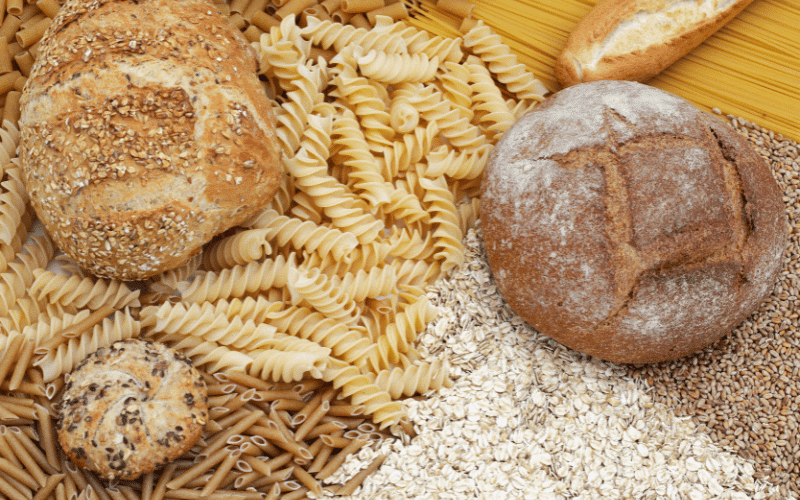4. Refined Carbohydrates: The Sneaky Inflammation Boosters

Refined carbohydrates, such as white bread, pasta, and pastries, can be a hidden source of inflammation for individuals with lupus. These processed foods are stripped of their natural fiber, vitamins, and minerals during production, leading to a final product that is high in empty calories and lacking in nutritional value.
When consumed, refined carbohydrates cause a rapid spike in blood sugar levels, which can lead to inflammation and exacerbate lupus symptoms. Furthermore, these foods are often high in added sugars and unhealthy fats, which can contribute to weight gain, increased inflammation, and a higher risk of developing other chronic health conditions.
A diet high in refined carbohydrates can also negatively impact gut health, as these foods can alter the balance of beneficial bacteria in the gut. A healthy gut microbiome is crucial for immune system function, and an imbalance in gut bacteria can contribute to inflammation and exacerbate lupus symptoms. By choosing whole grains over refined carbohydrates, individuals with lupus can better support their gut health and reduce inflammation.
Some healthier alternatives to refined carbohydrates include whole grains, such as brown rice, quinoa, whole wheat pasta, and whole grain bread. Whole grains are rich in fiber, vitamins, and minerals, which can help to stabilize blood sugar levels and reduce inflammation. Incorporating whole grains into the diet can also support gut health by providing a food source for beneficial gut bacteria.
In addition to whole grains, lupus patients can further enhance their diet by including a variety of fruits, vegetables, and legumes, which are naturally high in fiber and essential nutrients. These foods can help to promote a healthy gut microbiome, support immune system function, and reduce inflammation.
By swapping refined carbohydrates for whole grains and focusing on a diverse diet rich in nutrient-dense foods, lupus patients can take control of their inflammation levels, better manage their symptoms, and improve their overall health. (4)